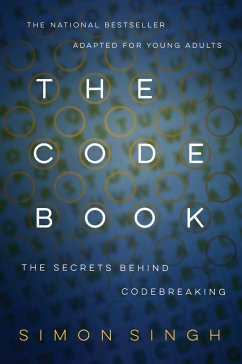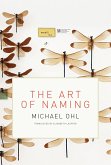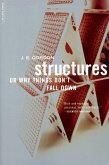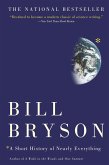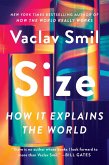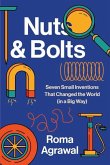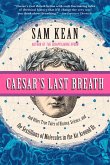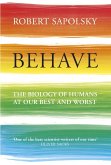"As gripping as a good thriller." --The Washington Post Unpack the science of secrecy and discover the methods behind cryptography--the encoding and decoding of information--in this clear and easy-to-understand young adult adaptation of the national bestseller that's perfect for this age of WikiLeaks, the Sony hack, and other events that reveal the extent to which our technology is never quite as secure as we want to believe. Coders and codebreakers alike will be fascinated by history's most mesmerizing stories of intrigue and cunning--from Julius Caesar and his Caeser cipher to the Allies' use of the Enigma machine to decode German messages during World War II. Accessible, compelling, and timely, The Code Book is sure to make readers see the past--and the future--in a whole new way. "Singh's power of explaining complex ideas is as dazzling as ever." --The Guardian
Hinweis: Dieser Artikel kann nur an eine deutsche Lieferadresse ausgeliefert werden.
Hinweis: Dieser Artikel kann nur an eine deutsche Lieferadresse ausgeliefert werden.

